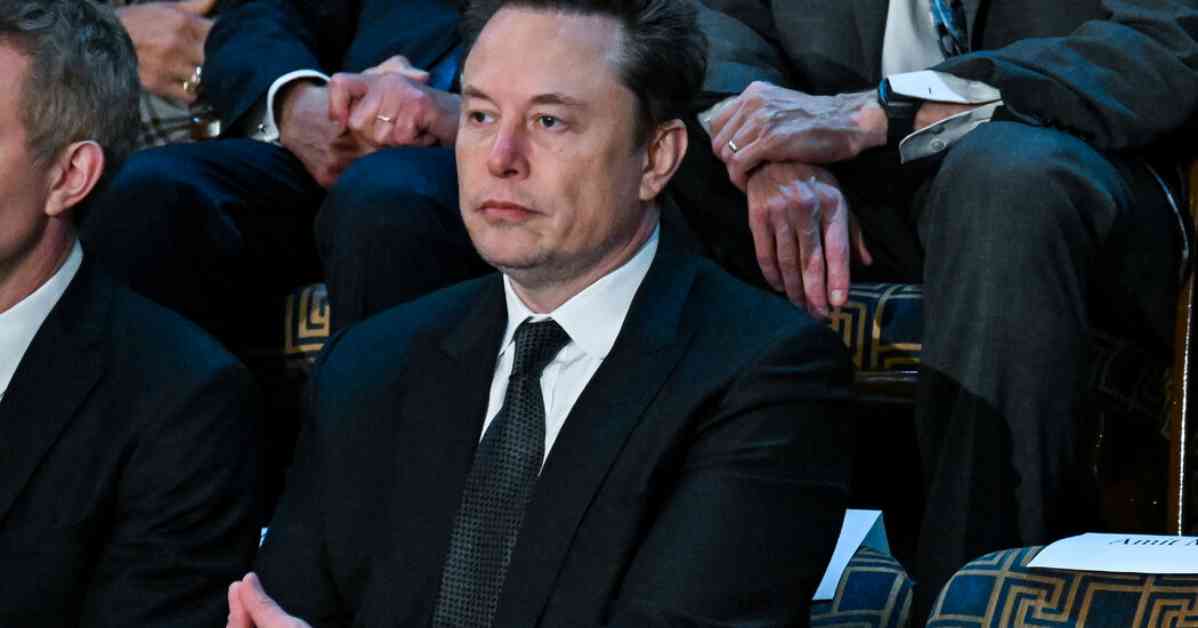Elon Musk, the wealthiest person in the world, recently stirred up controversy by sharing a manipulated video of Vice President Kamala Harris on his social media platform X. The video had been altered to make it appear as though Ms. Harris was saying derogatory statements about President Biden, questioning her qualifications, and implying that she was only hired for diversity reasons.
This move by Musk, who has a massive following of 191 million on X, has raised concerns about the spread of deepfake videos and their potential impact on political discourse. The original video titled “We Choose Freedom,” released by the Harris campaign, was edited to remove images of former President Trump and Senator JD Vance of Ohio, while adding images of President Biden.
What is particularly troubling is that Musk did not include any disclaimer when reposting the video, unlike the original uploader who labeled it as a parody. This lack of transparency goes against X’s policies, which prohibit the sharing of manipulated media that could deceive or harm viewers.
The fact that Musk’s post has garnered 98 million views highlights the significant reach and influence he holds on social media. It is crucial for platforms like X to enforce their policies consistently to prevent the spread of disinformation and protect the integrity of public discourse.
This incident also underscores the importance of media literacy and critical thinking skills in the digital age. With the rise of deepfake technology, it has become increasingly challenging to discern between authentic and manipulated content. Individuals must be vigilant and verify the credibility of information they encounter online to combat the spread of misinformation.
In conclusion, Elon Musk’s decision to share a manipulated video of Vice President Kamala Harris raises concerns about the ethical implications of deepfake technology and the need for stronger regulation of such content on social media platforms. As we navigate the digital landscape, it is essential to prioritize transparency, integrity, and responsible sharing to safeguard the integrity of public discourse.


















